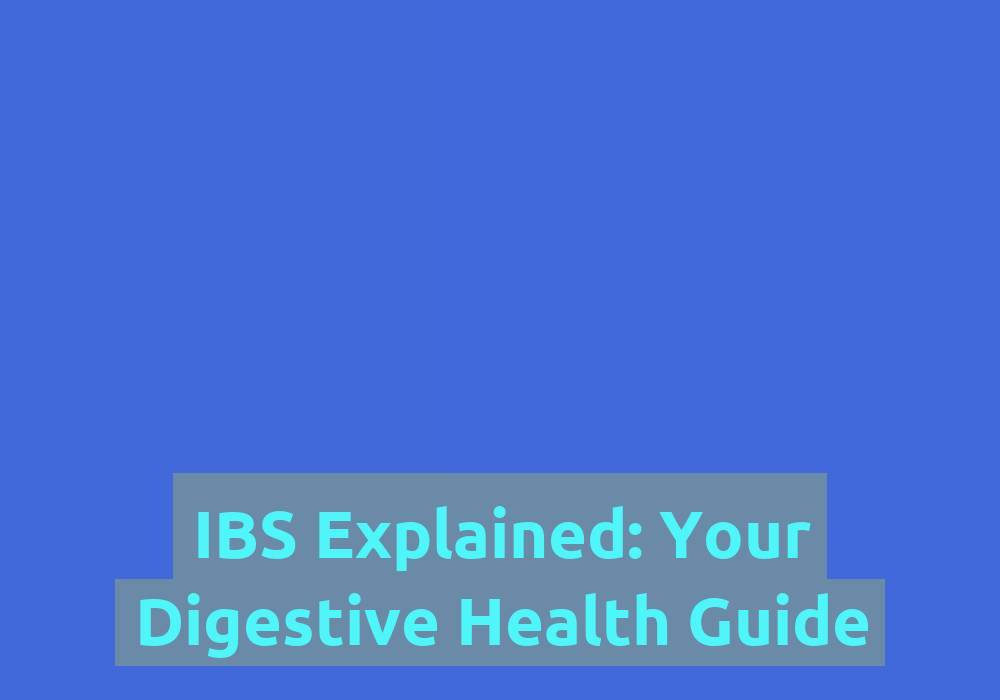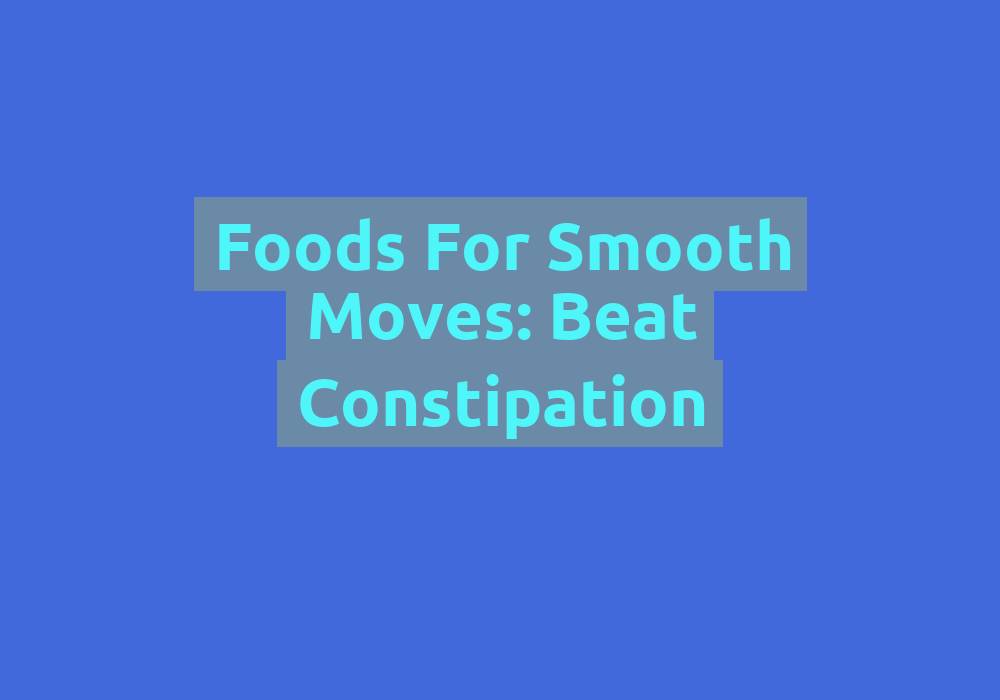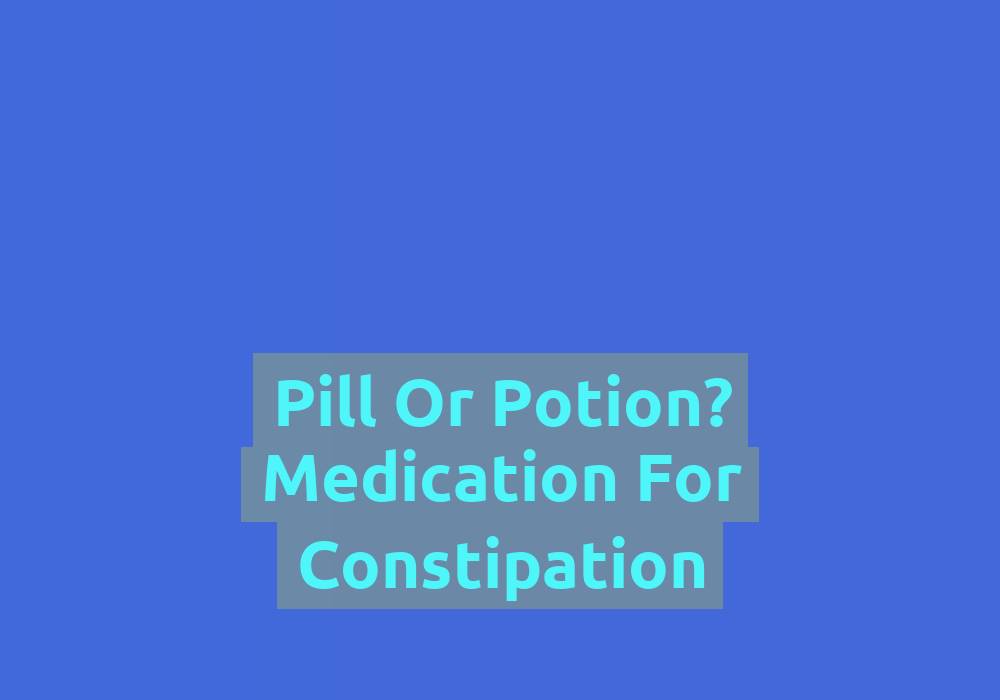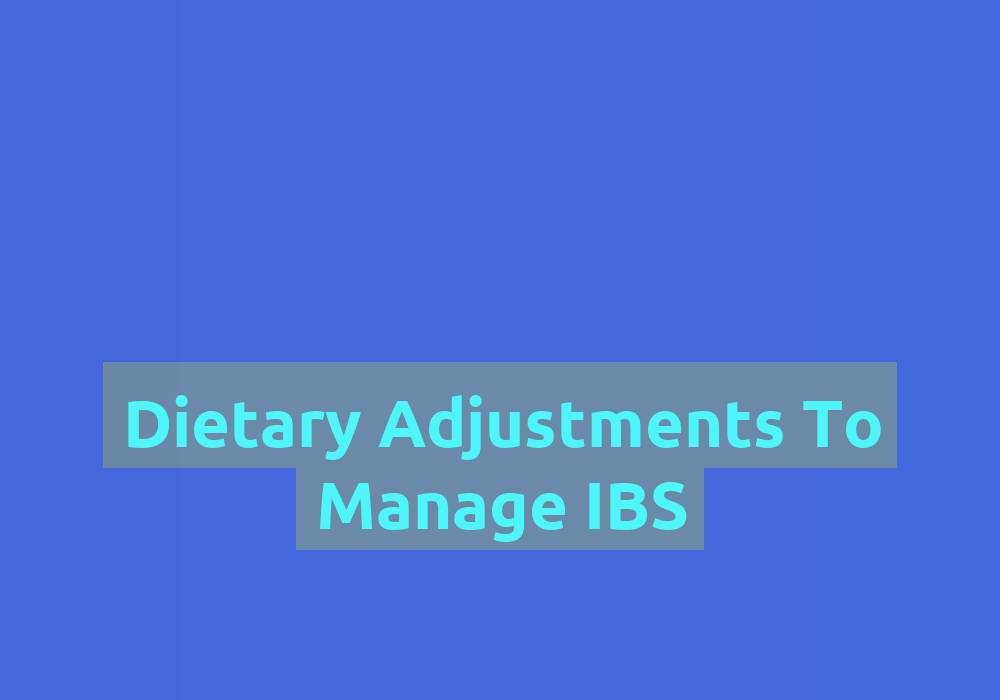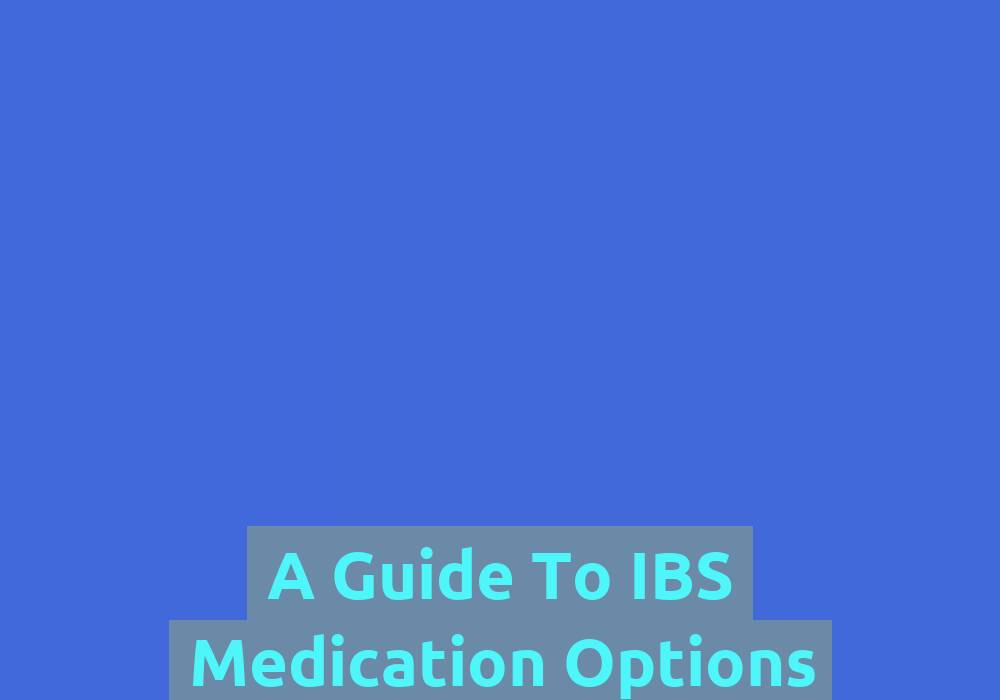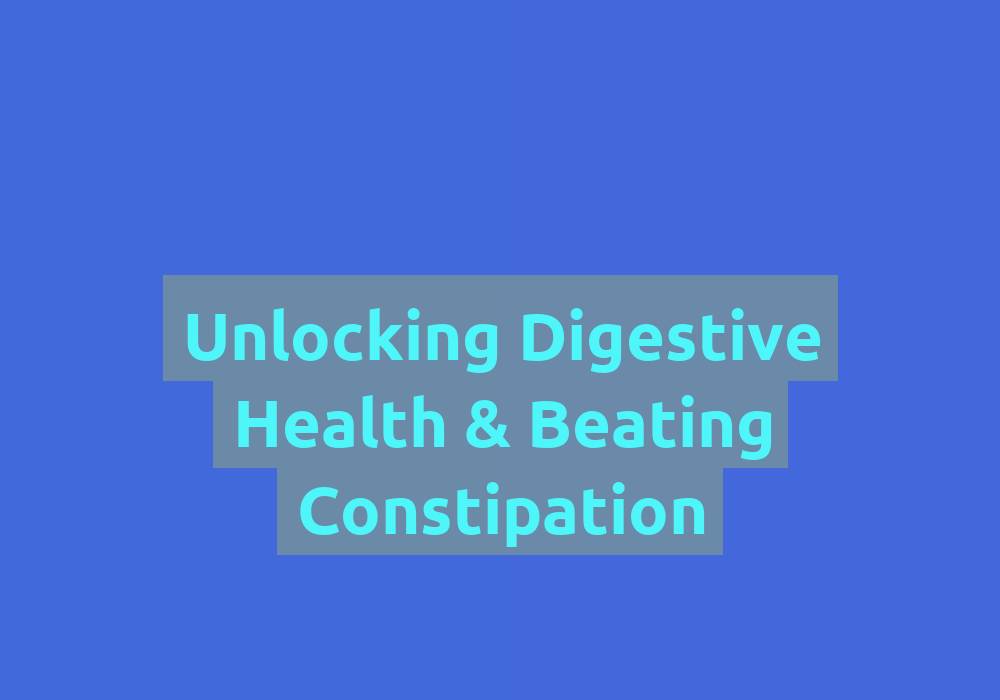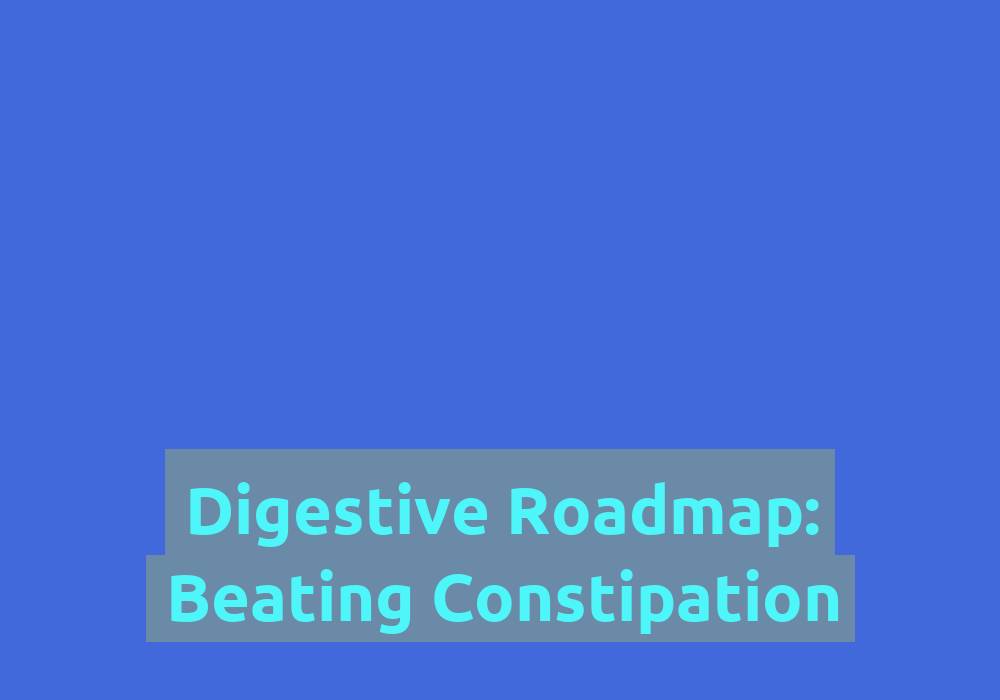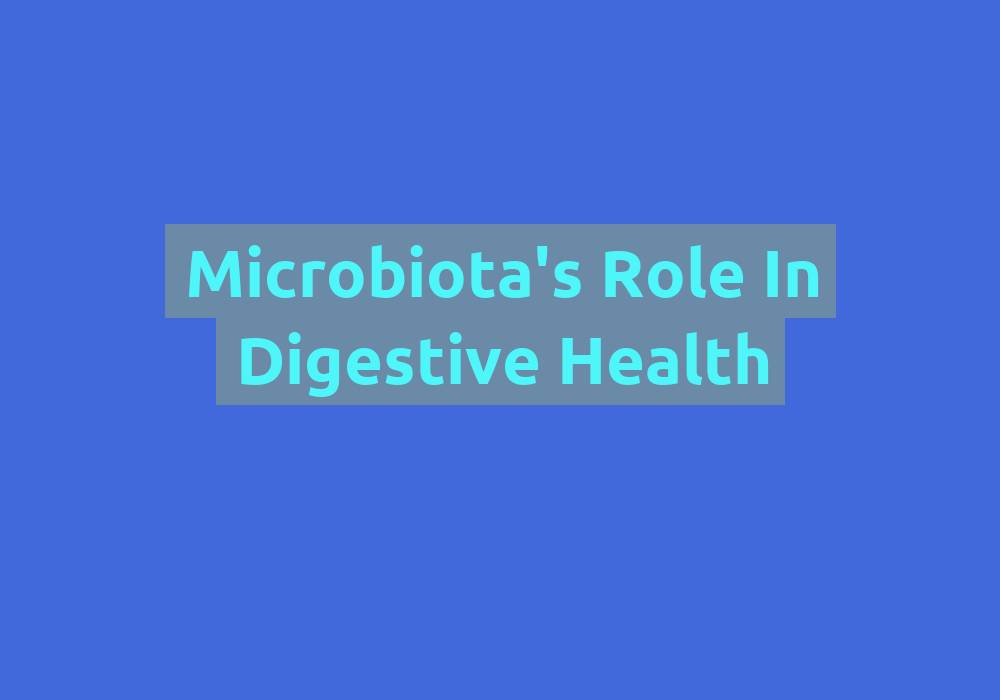Navigating IBS & Digestive Challenges
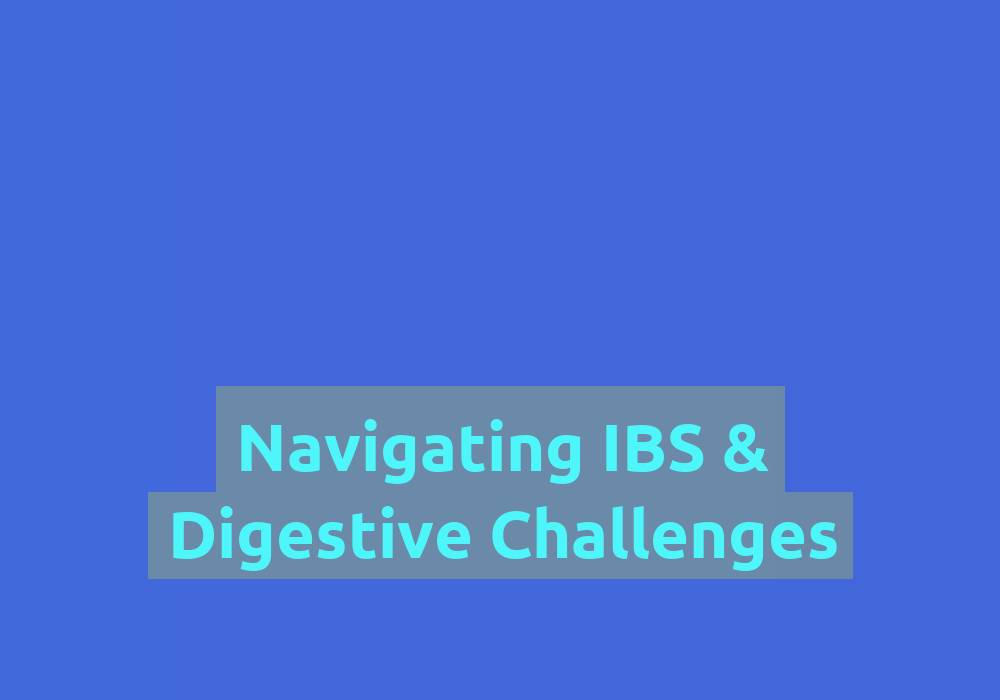
Living with irritable bowel syndrome (IBS) and other digestive challenges can be incredibly frustrating and overwhelming. The constant discomfort, unpredictable symptoms, and limitations on what you can eat can significantly impact your quality of life. However, with proper knowledge and strategies, you can effectively navigate these challenges and regain control over your digestive health.
Introduction
Living with irritable bowel syndrome (IBS) and other digestive challenges can be incredibly frustrating and overwhelming. The constant discomfort, unpredictable symptoms, and limitations on what you can eat can significantly impact your quality of life. However, with proper knowledge and strategies, you can effectively navigate these challenges and regain control over your digestive health.
Navigating IBS and other digestive challenges requires a comprehensive approach that includes understanding the condition, identifying triggers, implementing dietary changes, managing stress, prioritizing gut health, and seeking professional help when needed. By addressing these aspects, you can significantly reduce symptoms and improve your overall well-being.
Understanding IBS
IBS is a common gastrointestinal disorder that affects the large intestine. It is characterized by various symptoms, including abdominal pain, bloating, gas, constipation, and diarrhea. While the exact cause of IBS is unknown, certain factors such as food sensitivities, stress, hormonal changes, and imbalances in gut bacteria have been linked to its development.
To effectively manage IBS, it is crucial to have a thorough understanding of the condition. This includes knowing the common symptoms and potential triggers, as well as the underlying mechanisms that contribute to its onset. By understanding how IBS affects your body, you can make informed decisions about your lifestyle and dietary choices to alleviate symptoms and improve your digestive health.
Identifying Triggers
One of the key steps in managing IBS is identifying your specific triggers. Keeping a food and symptom diary can help you track your diet and identify patterns between certain foods and your symptoms. Common triggers for IBS symptoms include fatty or fried foods, spicy foods, dairy products, gluten-containing grains, caffeine and alcohol, carbonated beverages, artificial sweeteners, and high-fructose fruits and vegetables.
By eliminating or reducing these triggers from your diet, you can potentially alleviate your symptoms and improve your overall digestive health. It is important to note that triggers can vary from person to person, so it may take some time and experimentation to identify your specific triggers accurately. Working with a healthcare professional or a registered dietitian can provide guidance and support in this process.
In addition to dietary triggers, other factors such as stress, hormonal changes, and certain medications can also contribute to IBS symptoms. By recognizing and addressing these factors, you can further enhance your management strategies and achieve better symptom control.
Implementing a Low FODMAP Diet
The low FODMAP diet is a popular approach for managing IBS symptoms. FODMAPs are a group of carbohydrates that are poorly absorbed in the small intestine, leading to increased water and gas production in the colon, causing bloating and other symptoms. This diet involves avoiding or limiting high-FODMAP foods such as wheat and rye, certain fruits like apples, pears, and watermelon, legumes, dairy products, onions and garlic, and artificial sweeteners.
Implementing a low FODMAP diet correctly requires guidance from a registered dietitian who specializes in this dietary approach. They can help you identify high-FODMAP foods to avoid, provide alternative food options, and ensure you meet your nutritional needs. Following a low FODMAP diet is not a long-term solution but rather a short-term elimination phase that helps identify specific triggers. Once triggers are identified, a dietitian can help you reintroduce certain foods and create a modified diet plan that suits your individual needs.
It is important to note that the low FODMAP diet may not be suitable for everyone, and individual responses to different FODMAPs can vary. Therefore, it is crucial to work with a healthcare professional or a registered dietitian to determine if this dietary approach is suitable for you.
Stress Management
Stress plays a significant role in triggering and exacerbating IBS symptoms. Learning effective stress management techniques can help you better manage your symptoms and improve your overall well-being. Consider incorporating the following strategies into your routine:
- Regular exercise, such as yoga or walking: Physical activity can help reduce stress levels and promote overall well-being. Engaging in activities like yoga or walking can be particularly beneficial as they combine movement with relaxation techniques.
- Deep breathing exercises: Deep breathing exercises can help activate the body’s relaxation response, reducing stress levels and promoting a sense of calm.
- Meditation or mindfulness practices: These practices involve focusing your attention on the present moment, helping to alleviate stress and promote mental clarity.
- Adequate sleep: Getting enough sleep is essential for overall health and well-being. Prioritize good sleep hygiene practices, such as establishing a regular sleep schedule and creating a comfortable sleep environment.
- Seeking support from friends, family, or support groups: Sharing your experiences with others who understand can provide emotional support and practical tips for managing stress and coping with IBS.
- Engaging in activities you enjoy: Taking time for hobbies and activities that bring you joy can help relieve stress and improve your overall quality of life.
By incorporating these stress management strategies into your daily routine, you can potentially minimize the frequency and intensity of your IBS symptoms.
Probiotics and Gut Health
Imbalances in gut bacteria have been associated with digestive disorders, including IBS. Probiotics, which are beneficial bacteria, can help restore the balance in your gut microbiome and alleviate IBS symptoms. Consider adding probiotic-rich foods to your diet, such as yogurt, kefir, sauerkraut, and kimchi. Alternatively, you can opt for a high-quality probiotic supplement recommended by your healthcare provider.
Probiotics work by promoting the growth of beneficial bacteria in the gut, which can help improve digestion and reduce inflammation. They can also enhance the overall health of the gut lining, improving its ability to absorb nutrients and support proper immune function. However, it’s important to note that not all probiotics are the same, and different strains may have varying effects. Therefore, it is recommended to consult with a healthcare professional or a registered dietitian to determine the most suitable probiotic regimen for your specific needs.
Seeking Professional Help
If your digestive challenges persist or significantly impact your daily life despite your best efforts, it is crucial to seek professional help. A gastroenterologist or a healthcare provider specializing in digestive disorders can provide a proper diagnosis, offer personalized treatment options, and ensure you receive the necessary support and guidance to manage your condition effectively.
They may recommend additional tests to rule out other underlying conditions and tailor a treatment plan based on your specific symptoms and needs. It is important to remember that IBS is a complex condition, and managing it effectively often requires a multidisciplinary approach involving healthcare professionals from various disciplines, such as gastroenterology, nutrition, and psychology.
Conclusion
Living with IBS and other digestive challenges can be challenging, but with the right strategies and support, you can regain control over your digestive health. By understanding IBS, identifying triggers, implementing a low FODMAP diet, managing stress, prioritizing gut health, and seeking professional help when needed, you can significantly reduce symptoms and improve your overall well-being. Remember to consult healthcare professionals or specialists for personalized advice and guidance regarding your individual health conditions.
Q: What is irritable bowel syndrome (IBS)?
A: Irritable bowel syndrome (IBS) is a common gastrointestinal disorder that affects the large intestine. It is characterized by symptoms such as abdominal pain, bloating, gas, constipation, and diarrhea. The exact cause of IBS is unknown, but factors like food sensitivities, stress, hormonal changes, and imbalances in gut bacteria can contribute to its development.
Q: How can I identify triggers for my IBS symptoms?
A: Keeping a food and symptom diary can help you track your diet and identify patterns between certain foods and your symptoms. Common triggers for IBS symptoms include fatty or fried foods, spicy foods, dairy products, gluten-containing grains, caffeine and alcohol, carbonated beverages, artificial sweeteners, and high-fructose fruits and vegetables. It may take time and experimentation to accurately identify your specific triggers, and working with a healthcare professional or registered dietitian can provide guidance and support in this process.
Q: What is a low FODMAP diet and how can it help manage IBS symptoms?
A: The low FODMAP diet is a popular approach for managing IBS symptoms. FODMAPs are a group of carbohydrates that are poorly absorbed in the small intestine, leading to increased water and gas production in the colon, causing bloating and other symptoms. This diet involves avoiding or limiting high-FODMAP foods such as wheat and rye, certain fruits, legumes, dairy products, onions and garlic, and artificial sweeteners. It is recommended to work with a registered dietitian who specializes in this dietary approach to ensure proper implementation and to create a modified diet plan that suits your individual needs.
Q: How can stress management techniques help with IBS symptoms?
A: Stress plays a significant role in triggering and exacerbating IBS symptoms. Incorporating stress management techniques into your routine can help you better manage your symptoms and improve your overall well-being. Strategies such as regular exercise, deep breathing exercises, meditation or mindfulness practices, adequate sleep, seeking support from others, and engaging in enjoyable activities can help reduce stress levels and minimize the frequency and intensity of IBS symptoms.
